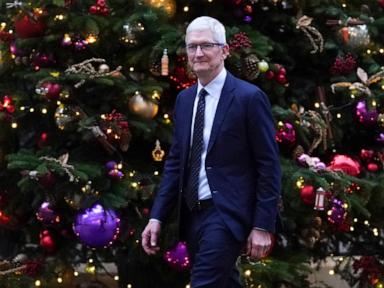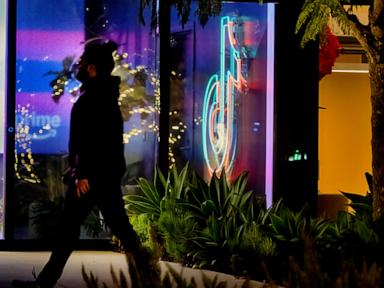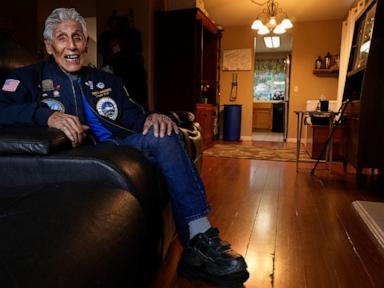(KNSI) – On March 12th, 2020, Stearns County recorded its first known case of COVID-19. The patient had been aboard a cruise ship, and on March 7th, they developed symptoms, just days before the World Health Organization called COVID-19 a pandemic.
Before the outbreak reached the St. Cloud area, Dr. George Morris, incident commander for CentraCare’s COVID-19 response, says his team began to prepare for the worst as it became clear that smaller cities and rural areas would not be spared from the virus’s spread.
“Our plans were [that] it’ll hit, but in one big wave,” Morris said. “This concept of that really sharp peak, overwhelmed systems, patients sitting in hallways, not enough beds or ventilators and truly having to make these choices of ‘Who can we save and who can’t we?'”
At the peak of Minnesota’s late fall case surge, Morris said about 180 people at a time would be hospitalized for COVID-19 throughout CentraCare’s facilities.
“Now we’re down in single digits,” he said.
When it comes to the country’s COVID-19 vaccination progress, Morris said the rollout has even exceeded the expectations he had in December, when the Pfizer and Moderna vaccine candidates were approved for emergency use.
“It was much more ‘Well, we should have enough to get people vaccinated in the next 12 to 18 months,'” he said. “We’re getting basically everybody vaccinated in this six- or seven-month window. … To be able to have this vaccine offered in the pace that it’s coming is fabulous.”
The CDC reports that more than 29 million Americans have had positive cases of COVID-19. Now, one year into the pandemic, more than 64 million people have received at least one dose of the vaccine. In Stearns County, 18,958 people have had COVID-19 and 189 have died. More than 30,000 Stearns County residents have now received at least one vaccine dose.
“This is our first opportunity to battle or to fight back or to do something,” Morris said. “The rest of the time, we were just trying to prevent or delay the spread and decrease how much damage it was doing to us. But getting vaccinated and doing it quickly — this is when we can fight back.”
While health care workers were among the first people to get vaccinated for COVID-19, Morris said roughly 57 percent of CentraCare’s staff has gotten vaccinated so far.
“That’s a percentage that we’re happy about, but we know that means there’s another 40-some percent that we want to get vaccinated,” he said.
CentraCare’s staff are also members of the community, and Morris said he understands some people have questions about the vaccines — many that can now be answered.
“It definitely works, saves lives and decreases the spread of COVID,” Morris said. “We really are seeing that being vaccinated has benefits to protect you, protect your community and potentially help lead us towards that new future.”
Though the future looks bright with the COVID-19 vaccines, new variants of the virus that are more easily transmitted present a “race against time,” Morris said, to keep another surge in cases at bay. But as more people get vaccinated, outbreaks will start to stay contained to one area rather than pose an elevated risk for the entire state.
“An example is the outbreak in Carver County,” Morris said. “If we have enough people vaccinated when these outbreaks happen, they can be managed small, you know, a local pocket, a local intervention.”
As the world looks to the post-pandemic future, questions remain: Will COVID-19 become endemic like common cold viruses and influenza? Will people need COVID-19 booster shots to keep up with variants of the virus. Morris said the medical community has learned a lot about COVID-19 in the span of a year, and we can take the lessons learned during the pandemic and apply them toward the future.
“We can take forward these innovations, these quick changes, adopting new programs, developing new vaccines,” he said, “and we can apply that to both living with COVID in the future, future pandemics and, hopefully, other medical and societal problems that we’re going to be facing. We have other rare conditions and diseases that, boy, if we were able to dedicate and focus, imagine what we could do.”
All in all, we had a really bad year, Morris said. But it has also helped us come together as a community. That’s something Morris said he and others at CentraCare appreciate.
“Now, imagine what we could do together for whatever the next pandemic or crisis is,” he said. “We’re very grateful and appreciative of what we’ve done as a community during this time.”










